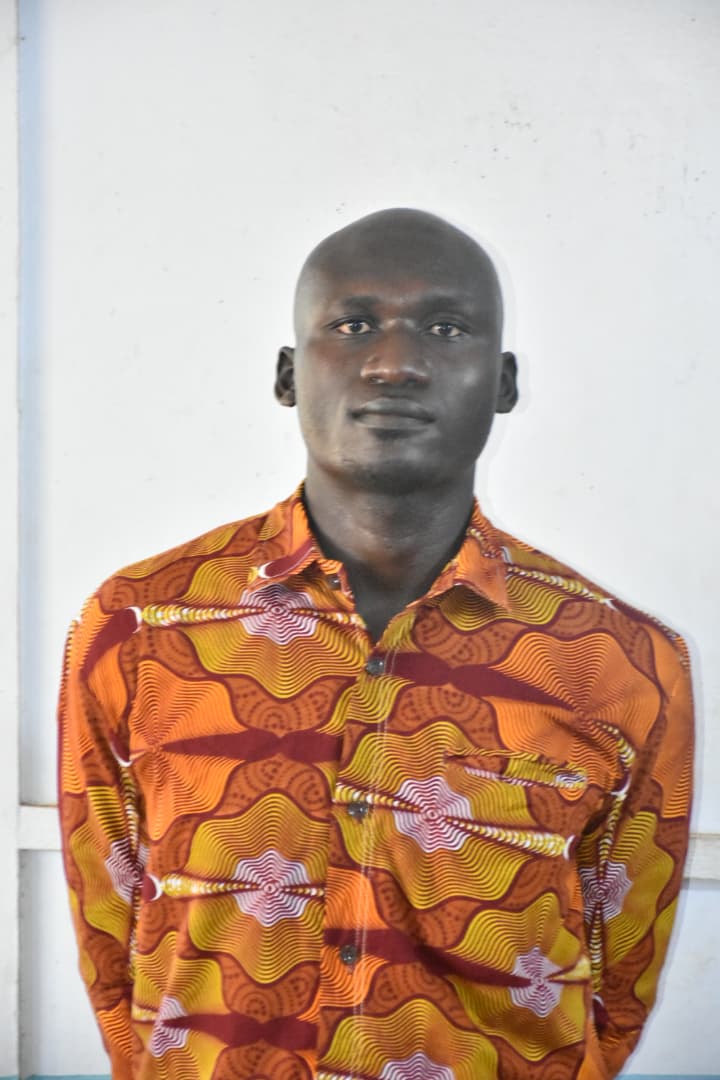Patricia Asiedua Asiamah, popularly known as Nana Agradaa, has been sentenced to 15 years in prison by an Accra Circuit Court after being convicted of charlatanic advertisement and defrauding by false pretence.
Evangelist Patricia Asiedua, also known as Agradaa, was convicted for promoting a fraudulent “money-doubling” ritual on television in 2022.
The court found her guilty of deceptive advertising and defrauding by false pretence after she lured victims, mainly churchgoers at her Weija ministry into handing over cash with the false promise of miraculous financial returns that never occurred.
Presiding Judge Evelyn Asamoah ordered a routine pregnancy test before sentencing, which Agradaa passed, allowing the court to proceed.
She was convicted after the court found credible evidence that she had misled victims into handing over money under false pretences, promising miraculous financial returns that never materialized.
Observers have hailed the ruling as a significant victory in the fight against exploitative spiritual schemes sending a clear message: fraudsters exploiting belief systems for personal gain will face serious consequences.
This high-profile conviction aligns with Ghana’s broader efforts to enforce legal standards against deceptive spiritual practices.
Presiding Judge Evelyn Asamoah ordered a routine pregnancy test before sentencing, which Agradaa passed, allowing the court to proceed.
She was convicted after the court found credible evidence that she had misled victims into handing over money under false pretences, promising miraculous financial returns that never materialized.
Agradaa has previously faced legal sanctions for related misconduct. In June 2021, she was fined GH¢46,000 for operating two unlicensed television stations, Thunder TV and Ice–1 TV and for promoting rituals classified as charlatanic.
At the time, failure to pay would have resulted in up to four years’ imprisonment, reflecting an ongoing pattern of deceptive spiritual advertising.
Presiding Judge Evelyn Asamoah ordered a routine pregnancy test before sentencing, which Agradaa passed, allowing the court to proceed. She was convicted after the court found credible evidence that she had misled victims into handing over money under false pretences, promising miraculous financial returns that never materialized.
Agradaa’s conviction marks a significant step in Ghana’s efforts to clamp down on spiritual fraud, reinforcing the legal system’s intolerance for deceptive religious practices.
It sets a strong precedent for prosecuting charlatanic behavior and sends a clear message that the exploitation of vulnerable believers, especially through false spiritual promises will be met with firm legal consequences.
Source: Myxyzonline.com





